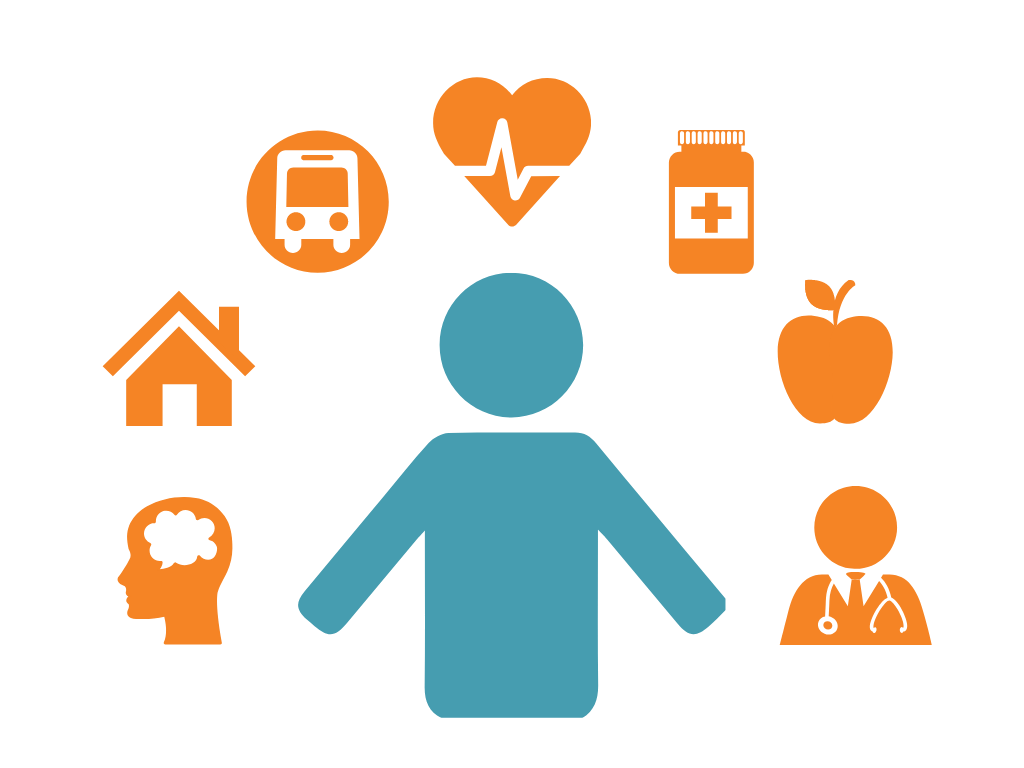There is risk of becoming infected with STI &/or HIV as a result of sexual assault. The risk that a woman will become infected with HIV after a single episode of consensual vaginal intercourse (not sexual assault) with an HIV-infected man is estimated at 0.1 percent, and from a single episode of consensual anal intercourse at 2 percent. The risk of developing HIV from a sexual assault may be higher, especially if your skin is torn or cut, if there was bleeding, or if there were multiple assailants.
The Centers for Disease Control and Prevention (CDC) and other expert groups recommend preventive treatment if your mouth, vagina, anus, or non-intact skin (eg., a cut) was exposed to the assailant’s blood or bodily fluids.
- Preventive treatment for gonorrhea, chlamydia, and trichomonas usually includes three antibiotics
- Preventive treatment for hepatitis B may not be needed if you were previously vaccinated with the full series of three hepatitis B vaccines. If you were not previously vaccinated with hepatitis B vaccine, one dose is given immediately, followed by additional doses one and six months later.
- Preventive treatment for HIV may be recommended. A healthcare provider will discuss the potential risks and benefits of preventive HIV treatments (PEP – post exposure prophylaxis). Preventive treatments for HIV are not usually recommended if more than 72 hours have passed since the assault. A full course of treatment is 28 days. Most emergency departments will provide several days to one week of preventive medication; you are then encouraged to follow-up with a healthcare provider who specializes in the treatment of infectious diseases.
Follow Up Care
Most experts recommend that you have a follow-up visit with a health care provider within two weeks of the assault. At this visit, you can have follow-up testing, get treatment if needed, and discuss how you are recovering. If you need a prescription to continue medication to prevent HIV, you need to be seen within one week.
Testing for gonorrhea and chlamydia does not need to be repeated if you took preventive antibiotic treatments. Testing for gonorrhea, chlamydia, trichomonas, and bacterial vaginosis may be recommended after the assault if you did not take preventive treatments at the initial evaluation. Testing is also recommended if you develop symptoms of an infection or would like to be tested.
Testing for HIV three months after the assault. This schedule of testing is recommended.
Protecting others
If you are exposed to blood or bodily fluids during an assault, there is a risk that you could spread any infection to others (for example, sexual partner[s]) during the follow-up period. These measures are especially important during the first three months after exposure.
During this time, you should use a condom with any sexual activity to reduce the risk of transmitting the potential infection to your partner. Condoms reduce, but do not completely eliminate, the chances of transmitting hepatitis and HIV infection to others. Donations of blood, plasma, organs, tissue, or semen are not recommended during the first three months after assault.
For more information:
Positive Resource Connection 260-744-1144
Ft Wayne Sexual Assault Treatment Center 260-423-2222
Northeast Indiana YWCA Sexual Assault Crisis Line 1-800-441-4073

